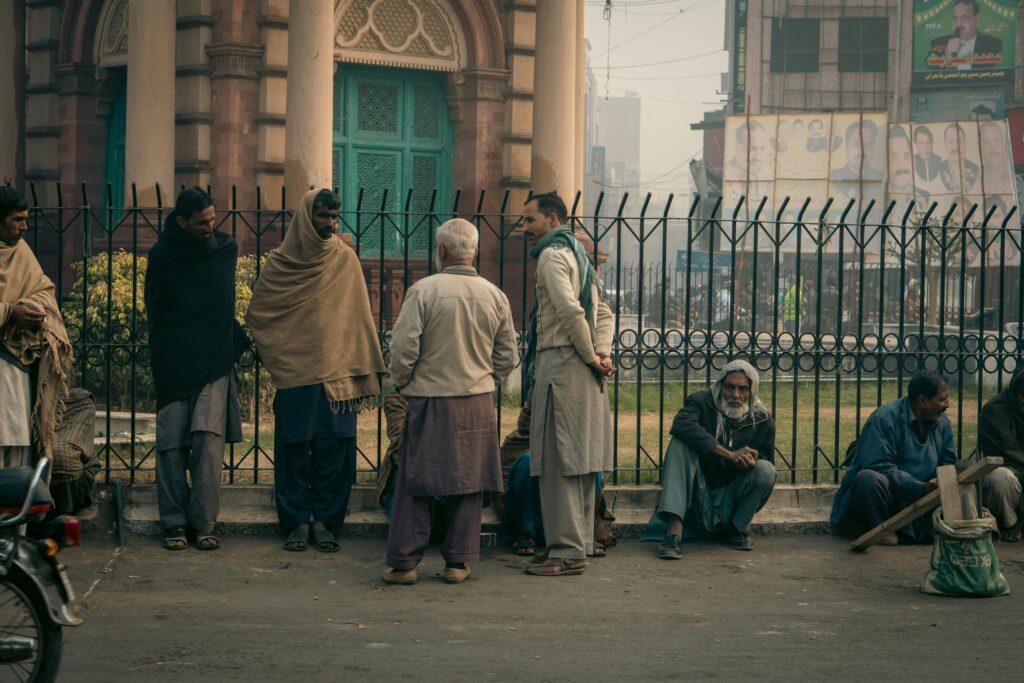QUETTA: A severe cold wave has tightened its grip on the northern and upper districts of Balochistan, with temperatures plunging below freezing and significantly disrupting daily life.
According to the Meteorological Department, the intense cold, driven by persistent cold winds, is expected to continue for the next 24 hours, with conditions likely to worsen further. The mercury dropped to minus 5 degrees Celsius in the upper areas of Ziarat and Quetta, creating the most severe conditions. In Quetta city, the minimum temperature was recorded at zero degrees Celsius, while Kalat experienced a low of minus 1 degree Celsius.
The frigid temperatures have affected normal life, with citizens facing severe difficulties, especially during the early morning and night. The cold wave has also extended to plain and coastal districts. Zhob recorded 5 degrees, Chaman 4 degrees, and Nokundi 8 degrees. In the coastal areas, Gwadar saw a low of 14 degrees and Jiwani 17 degrees. All these figures represent a significant drop compared to the previous week.
In response to the worsening conditions, medical experts have issued urgent advisories for citizens to take precautionary measures. They have mandated the use of thick warm clothing, including jackets, hats, and gloves, particularly for children and the elderly. Doctors have also emphasized the need for proper ventilation when using gas or coal heaters to prevent suffocation risks and advised maintaining fluid intake to combat respiratory and skin diseases. The public has been urged to avoid unnecessary travel as the Meteorological Department forecasts a further drop in temperatures in Ziarat, Kalat, Pishin, and Quetta within the next day.
Meanwhile in a significant step towards improving public health safety was taken as the Indus Hospital and Health Network (IHHN), in collaboration with the Health Department Balochistan, officially launched a fleet of special yellow vehicles for the management of infectious medical waste.
The initiative, part of IHHN’s national Infection Prevention and Control (IPC) program, was inaugurated by Provincial Health Minister Bakht Muhammad Kakar at a ceremony held at the Sikandar Jamali Auditorium Hall. The event was attended by health department officers, representatives from UNICEF, the National TB Control Program, and IHHN leadership.
Under this nationwide program, IHHN has developed fifteen specialized mobile yellow vans designed for the safe collection, transportation, and disposal of hazardous medical waste. As a pilot phase, two of these vans will be operationalized in Quetta and Qila Saifullah. These vehicles will transport infectious waste from various medical facilities in accordance with international standards.





